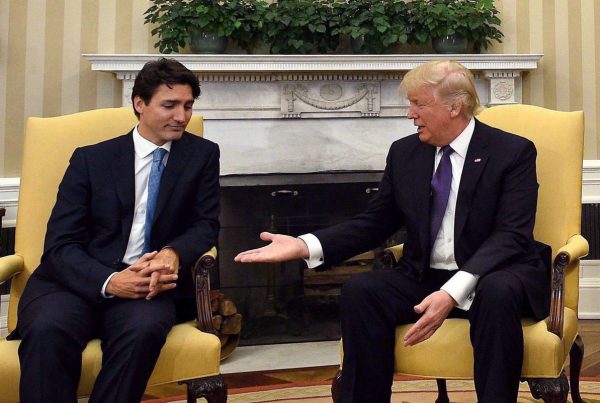In my column for the ROB’s (Globe and Mail) Economy Lab today I put under the microscope the Supreme Court of Canada’s doctrine of the Crown’s duty to consult and accommodate Aboriginal people when their key interests are engaged, as in e.g. natural resource developments. As I see it, the doctrine leaves intact governments’ ability to act in the larger public interest, but they may only do so after good faith consultations with Aboriginal people. *Both* parties must come to the table and seek agreement in good faith. This means that neither Aboriginal communities nor governments are entitled to decide unilaterally whether adequate consultation has taken place. Ultimately the courts will arbitrate. Thus this is neither a blank cheque to governments to carry on as before, nor a right of veto for Aboriginal people, but a call by the courts for constructive engagement. The balance is a fine one. Can we make it work?


